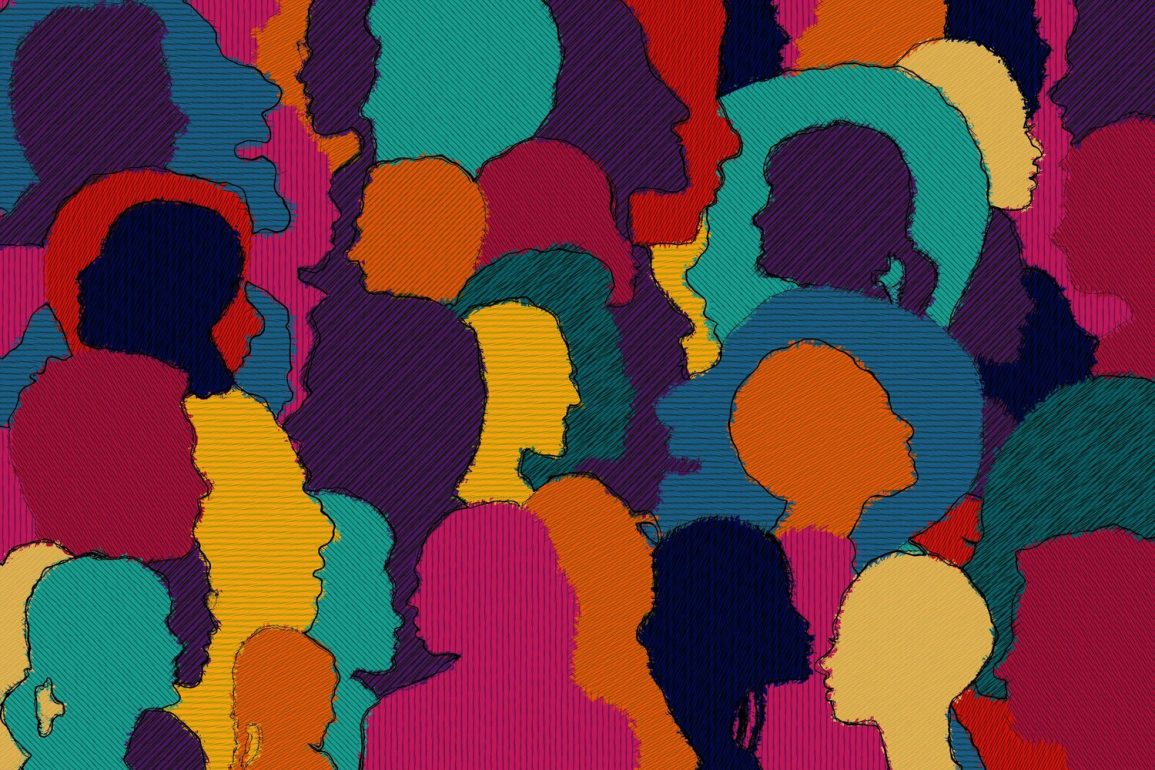Is its commitment to change ‘virtue signalling’ or ‘leading by example’?
CARDIFF has made a commitment to improve diversity – but just how diverse is the council and what should it do to improve?
The Diverse Council Declaration was passed on January 27, committing the Council to “improving diversity in democracy in our city”.
Council leader Huw Thomas said: “As the capital city of Wales, we’re in a good position to lead by example and improve diversity in democracy by supporting and developing councillors.”
But Neil McEvoy, of Propel, said: “I would support declarations like this if they actually meant something. I’m not inclined to support something which – for me – is virtue signalling at its worst.”
Now the declaration has been passed, questions remain: how diverse is Cardiff Council, how far does it need to improve, and what will the declaration mean in practice?
How diverse is Cardiff Council?
The declaration says Cardiff performs better than most councils in terms of diversity, but people from BAME backgrounds, women, younger people and those with disabilities are not proportionately represented.
The Cardiffian has obtained data on the diversity of the city’s 75 elected councillors.
While the population of Wales is 95% white, Cardiff itself is made up of 84% people of white backgrounds and 16% from BAME backgrounds, which is represented in the council.
Cardiff council’s data shows there are councillors from Pakistani, Bangladeshi, Chinese, Indian, Black and mixed-race groups.
When it comes to religion, Cardiff Council reflects the city’s population in having a higher Muslim composition than the rest of Wales but it has more people of no religion than the city in general.
Within the council, 17% of councillors are gay or bisexual, compared to approximately 3% of Wales. In this sense the council is more diverse than the population.
However, no data was available on sexuality within the city, and the ONS noted that its data for Wales had a high margin of error.
But the council is more lacking in gender diversity, which The Cardiffian reported on last week. With 36% of councillors being women, Cardiff Council is above the average for Welsh councils but lags behind the Senedd’s numbers.
What should the council do next?
The declaration aims to encourage people from underrepresented groups to stand for office, improve understanding of councillors’ roles within all communities and set up a mentoring programme for prospective councillors.
Councillor Mia Rees was one of two female Conservative councillors elected in 2019, and she supported the declaration – against the grain within her party.
She told The Cardiffian: “I believe that diverse councils which represent the societies that they serve are a positive thing. Local government is falling behind even long-standing institutions like Westminster and the Senedd.
“Clearly current measures haven’t worked to encourage more women to be councillors and it’s an issue that should stay on the agenda.”
Many Conservative councillors, including group leader Councillor Adrian Robson, opposed the declaration because they said it encouraged quotas and positive discrimination in the selection of council candidates.
These measures were mentioned in the report by the Welsh Local Government Association, which formed the basis of the declaration. But quotas and reserved seats were not wholly endorsed by the report and they were not included in the draft declaration voted on.
Coun Rees said: “I don’t support quotas, but in bringing the declaration forward, we weren’t giving the council carte blanche to introduce them. There were a lot of good things that I did want to support.”
I think the way that councillors talk to each other and treat each other wouldn’t be acceptable in a lot of modern workplaces.
Councillor Mia Rees
Flexible and remote meetings have been suggested as ways to meeting the needs of diverse groups of councillors.
But Coun Rees says the entire culture of councils needs to change.
“I think the way that councillors talk to each other and treat each other wouldn’t be acceptable in a lot of modern workplaces,” she said.
“The abuse that councillors get from other councillors, and members of the public, is really off-putting. I know a lot of fantastic young women especially who see the abuse other people get and think: ‘I don’t want that in my life’.
“I’m not saying that people should agree with everything that councillors do, but particularly on social media and email, people can be incredibly horrible.”
Councillor Jayne Cowan has faced this abuse over her 22 years in the role. She told WalesOnline that she had received death threats and graphic rape videos as well as having swastikas graffitied on her campaign signs.
The council will deliver an action plan after the 2022 elections to follow up on the declaration’s aims.
You can use the map below to see how your councillors voted on the declaration:



